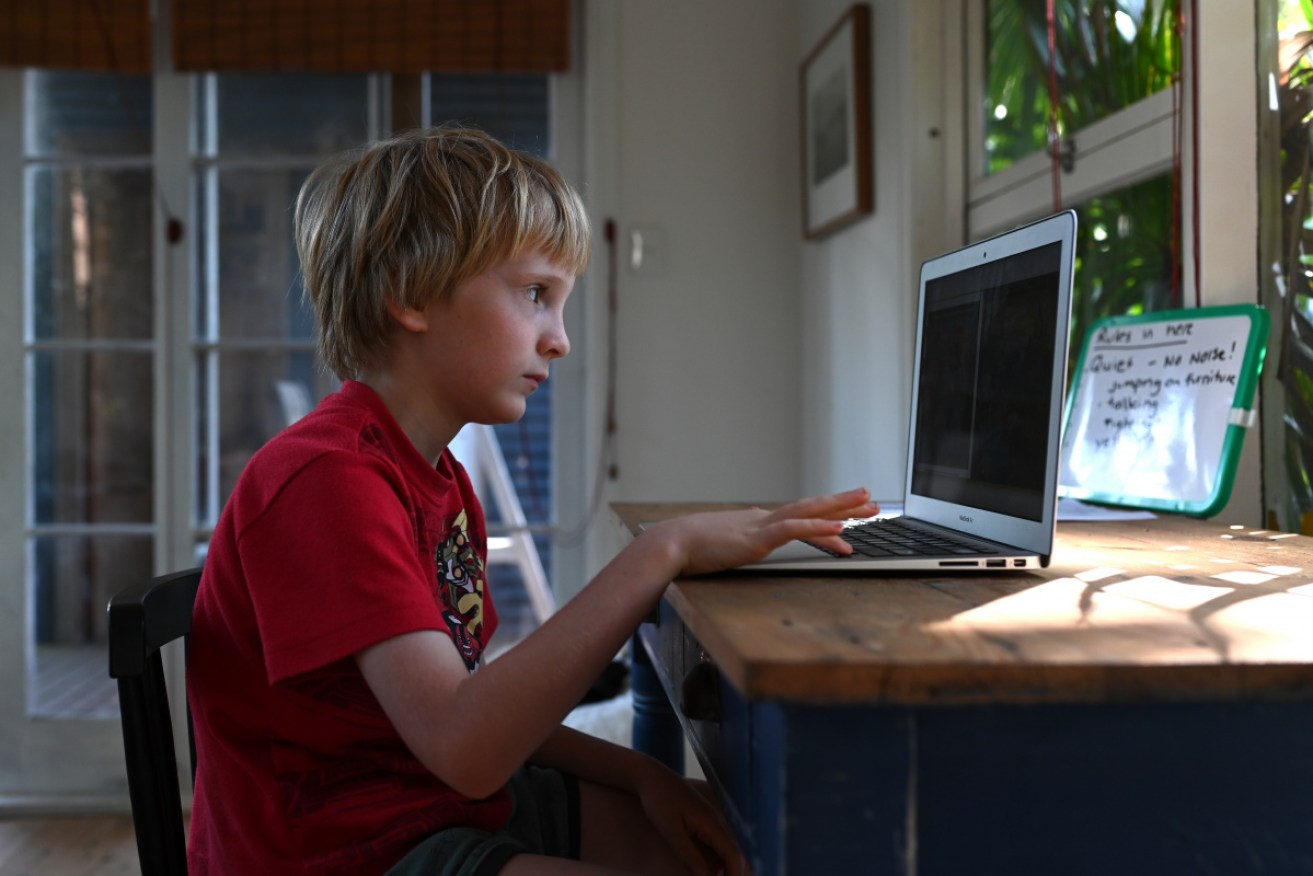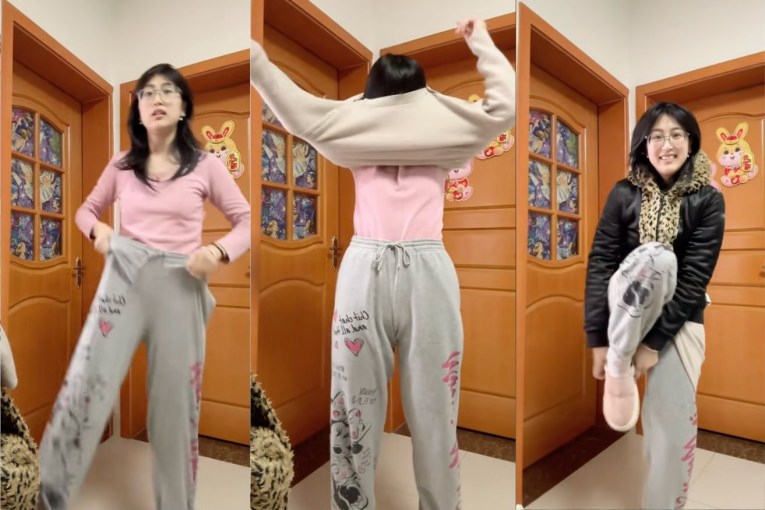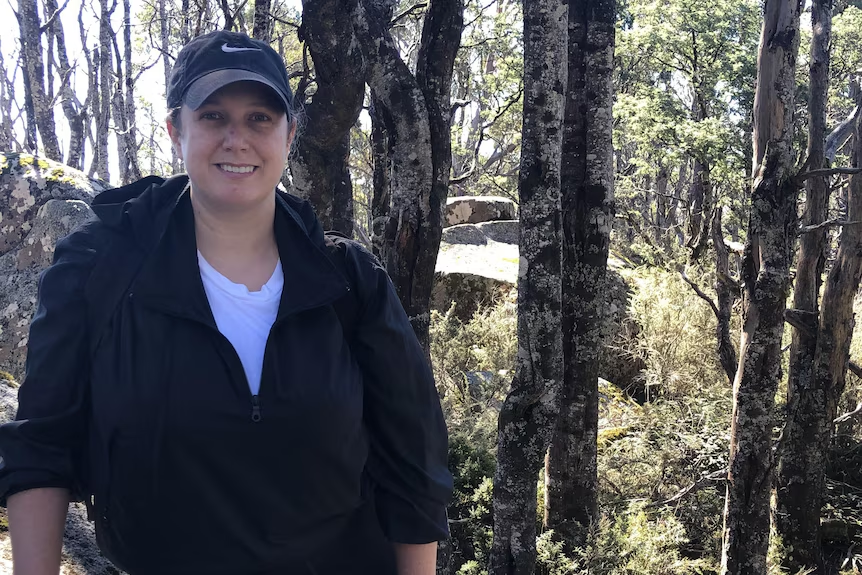What’s a verb? Parents struggle to help answer kids’ homework questions


It appears some parents might need to brush up on the basics. We've got you covered. Photo: AAP
Across the nation Australians are staying inside to stay alive.
That means families are finding new ways to get through the daily routine and tick off the necessities: jobs, school, housework and homework.
More of us are turning to the internet to help with the little things. Last week searches on Google for basic numeracy and literacy spiked.
“With an increasing number of Australians working and learning from home, there has been a noticeable surge in search interest for basic literacy and numeracy questions,” Google said in a breakdown of most searches in the past week.
The most searched “What is a…?” questions, past seven days in Australia was:
- What is a verb?
- What is a noun?
- What is a prime number?
- What is a metaphor?
- What is a synonym?
Interestingly, the top trending related topics for childcare are ‘key worker’ and ‘working parent’, spiking +2,700 per cent and +2,550 per cent respectively.
Perhaps a lot of us are taking this time to work on our sourdough starter, and write ‘Love in the time of coronavirus’ – a debut novel.
Perhaps a lot of us are so bored we are entering spelling bees.
Or maybe, just maybe, some parents are turning to Google, because it’s been 40 years since they studied what a noun was.
Whatever the reason behind the spike in searches, it seems lots of us could use a refresher on the basics.
Gabbie Stroud, former teacher and author of the books, Teacher and Dear Parents, said the trick to homeschooling is simplifying it.
“Often the things for teaching kids that are the most powerful are the most simple,” she told The New Daily.

Working parents are learning how to manage at home. Photo: Getty
“Studies after studies, from across the world show that reading with your child is the best thing to boost their literacy.
“That is incredibly powerful, but I think parents think it’s not enough.
“If parents took 45 minutes everyday to just do some reading and writing, the kids would be fine.”
The curriculum for mathematics changes so quickly that most parents would be unfamiliar with a lot being taught, she said.
“In terms of numeracy, mathematics has changed so much since even the youngest parents went to school. Even if the fundamentals are the same, parents should look for really natural, teachable moments.
“For primary school kids, just get kids to learn their timetables.”
Mostly though parents should be making sure their kids feel safe, and have time to process the rapidly changing world, she said.
“We all need to accept as parents, policy makers, politicians, that this is going to be a disjointed year.
“There’s still so much we don’t know. We just need to accept that and just try our best. We cant turn ourselves inside our by puttying up all the gaps.”
But for those looking to brush up on their technical knowledge, The New Daily has put together a quick list below.
Nouns
The Merriam-Webster defines nouns as: “any member of a class of words that typically can be combined with determiners to serve as the subject of a verb.”
Now we have cleared that up, let’s look at it in layman’s terms.
A noun refers to a person, animal or thing.
There are seven categories of nouns and they can overlap, but if you want to keep it simple, just think of them as the building blocks of sentences.
They represent almost anything you can think of.
‘Nurse,’ ‘coal’, and ‘beauty are all nouns.
‘Memes,’ ‘masks,’ and ‘manners’ also nous. You get the drift.
Verbs
We won’t bother with the dictionary this time. They’re the ‘doing’ words.
She sells toilet paper, he went to swim (but couldn’t) and you bought a ticket to a concert you can no longer go to.
Adjectives
Adjectives gather information. Without them, we wouldn’t know if the takeaway was bland, the online dating world disastrous or if working away from your boss is actually divine.
They help us answer questions and be more specific.
It was a brown dog, she was a hot nurse, I found four fresh rolls of toilet paper.
Capisce? Let’s move on.
Prime Numbers
These bad boys are just numbers we already know and love that have a cool little trick to them.
They cannot be formed by multiplying two smaller numbers.
The world runs on the opposite, composite numbers. We break our day into 24 hours, which can be divided again into two lots of 12, or three lots of eight – in which the modern work day is based on. Our circles are 360 degrees.
But prime numbers flip the switch on this: 2, 3, 5, 7, 11, are all prime. 163, 167, 173, 179, 181, 191, 193, also all prime.
Their mathematical oddness creates the building blocks for all numbers.
For instance, they help us encrypt things. When you’re putting your credit card information into ASOS, logging into your baking app or sending an encrypted message – prime numbers have your back.
Metaphors
Metaphors are actually quite fun. They are a figure of speech containing a comparison. They state one thing is actually another.
Metaphors help us illustrate the world around us, explain how we feel, or symbolise something’s importance.
Good ones help us understand something we might not have otherwise.
Love, really isn’t a battlefield, the world is not actually a stage, and your husband hasn’t actually turned into a couch potato.
But you might use these metaphors to explain what is happening.
Synonyms
Synonyms are our friends. They stop us repeating the same word over, and over, and over, and over, and over, again.
They are words that are similar, or really closely related to another word.
We could be baffled by the new social distancing restriction or we could be confused.
Not hugging your friends could make you sad or miserable, but you could be lucky and fortunate to still have your job.
And you might be passing the time by texting a beautiful woman, who is also stunning, during this difficult and arduous time.
You get it.








